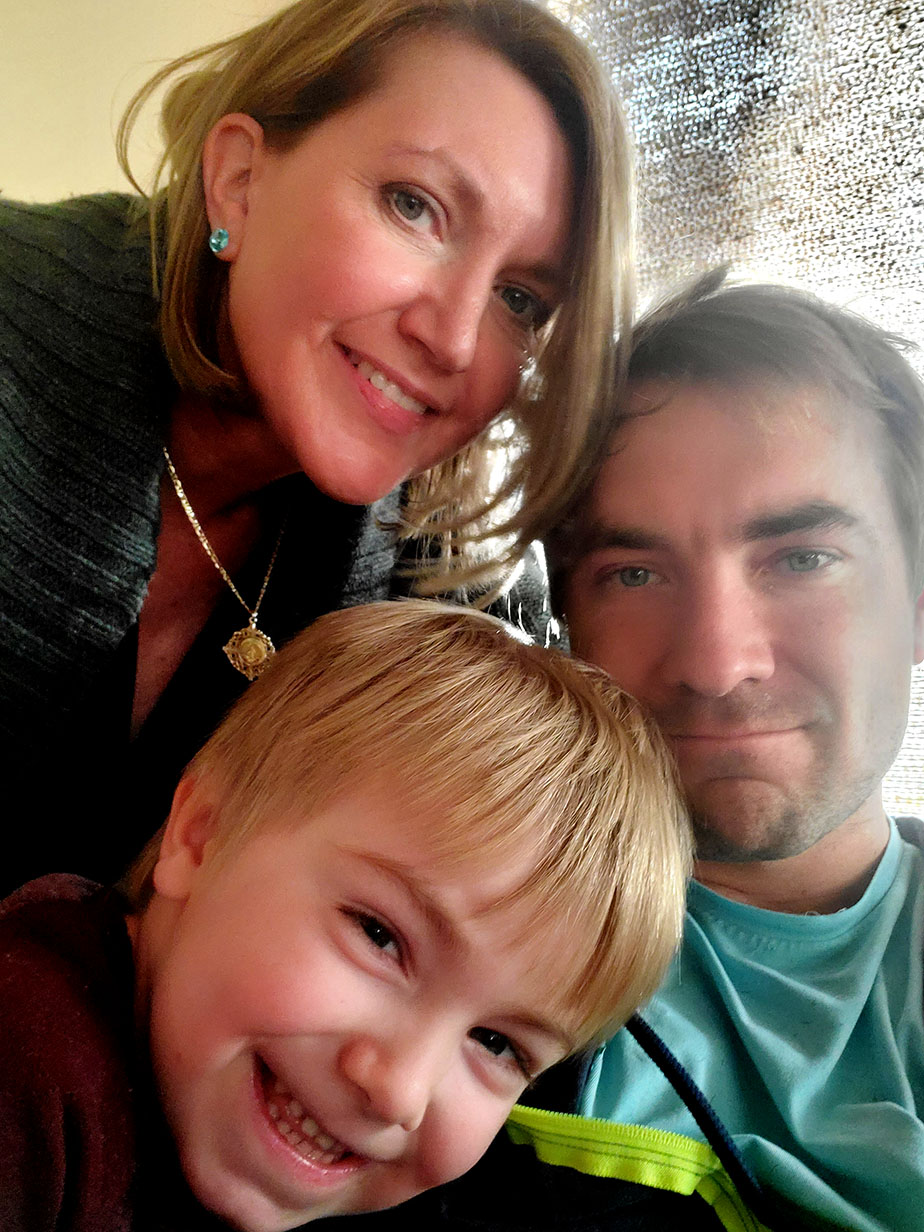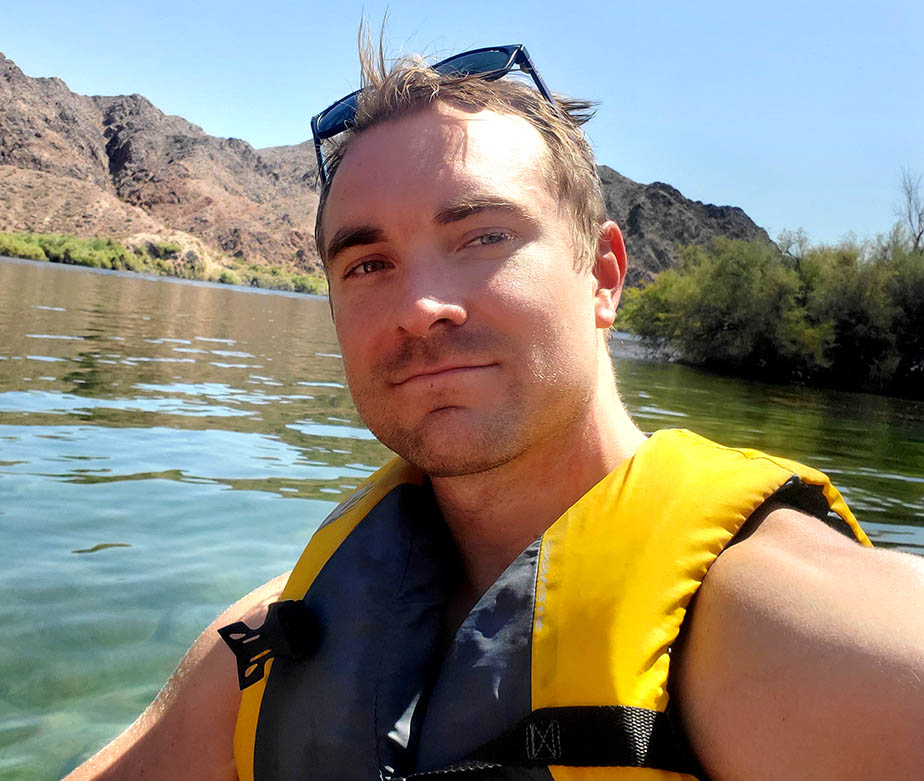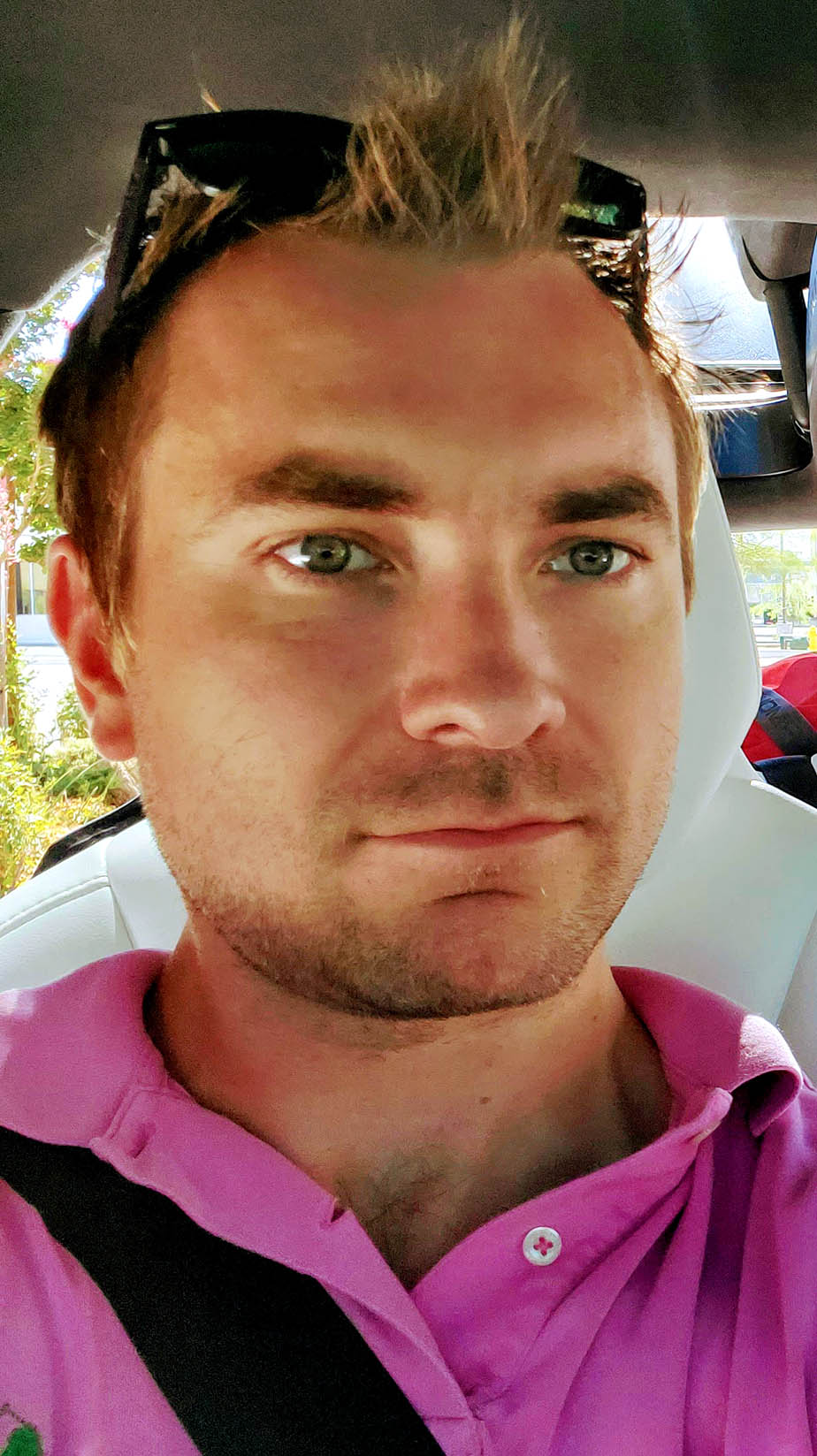
Freshly graduated from Washington Law School, Alex Hargrove has a bright future ahead of him in the legal field. He has a high roller attorney father and his A-list team of lawyers backing him up. He found that his career deviated from his father when he decided to develop technology products for law firms. Henceforth, Net Law Group was born.
As a result of developing virtue online legal services, his company is recognised by the American Bar Association as one of America’s finest.
Global MIllionaire recently caught up with Alex and here’s what went down:
Could you please tell our readers a brief background about yourself and how you started NetLaw Group?
Sure, it was 2011, and I was in my last year of law school at Washington and Lee University. My father, a high-net-worth estate planning attorney, had just left his “big law” firm to start a boutique estate planning practice to use virtual offices and an online solution to increase. Excited by chance to get on the cutting edge of something new, I joined him after graduating in May that year. He had an all-star cast of attorneys who all had developed sophisticated Trust & Estate practices in some fashion. The only problem was no one knew the first thing about developing technology products. I didn’t either but saw an opportunity and took it.
Within nine months of joining the law firm, I had managed to build comprehensive web interviews and automate a library of documents. I also hired a developer to do a backend integration with PayPal to charge clients at the end of the interviews. My father, Jamie, all the while, had scaled the firm to having virtual offices with licensed attorneys in 23 states. We were selling hundreds of estate plans through this system with a sticker price as high as $3000. The system included a back-office for the attorneys to make tweaks to the documents in an automated fashion. By early 2012, we had won an American Bar Association award for the most outstanding online delivery of legal services in the entire country. We were off to the races, raising our first $1M of now $13M total fundraising for a nonlawyer company called NetLaw Group (or NetLaw).
When did your entrepreneurial flair first reveal itself?
When I was still in high school, I had an idea I called “Rapid Rebates.” I worked at Best Buy and noticed (as did everyone at the time) that mail-in rebates drove computer pricing. I discovered companies hire fulfillment centres that try to avoid paying these rebates over minor technicalities, such as when the ink is the wrong colour. In a kiosk in-store, my idea was to offer buyers a “rapid rebate” for, say, 75% of the value, with my company collecting the balance after professionally filing and collecting the ultimate rebate. My parents were very encouraging and connected me to an executive at Federated Department Stores, who gave me 30 minutes of his time. I presented the idea and learned the brutal reality. Without taking some steps towards execution, ideas are just that; ideas. No one was going to sign an NDA and pay me for my idea.
What did your life look like before being an entrepreneur?
I’m not sure there was a time before I would have called myself an entrepreneur. I was, in many respects, born this way. It did not help much in grade school. (I graduated in the bottom 10% of my class in high school.) But once I got older and learned how to harness my roving mind, it served and served me well.
As a Co-Founder and CTO, what is it that motivates and drives you?
Simple, a desire for control over my life. I work best on my terms whenever the work schedule aligns with my natural creative rhythms. While I am motivated to make my company succeed, I am probably more motivated to keep working with my team on exciting and challenging new projects. We have filed four patents now, for example. I think that’s cool. Taking an idea for a solution to a novel problem and seeing it through the development and ultimately through intellectual property protection. And I get paid to do this.

In one word, describe your life as a Co-Founder and CTO and explain why.
Freedom. I solve problems by running, biking, and swimming. I meet with my team on demand mostly. Everyone works on their schedule. The new technology platform (www.netlawplatform.com) has broad applications, and we can be much more selective in taking on new projects.
What were your top three motivations for starting NetLaw Group?
I wanted to do more than the billed hour. That was motivation number one. I worked crazy hard to graduate from law school with honors. I might add, only to find the ordinary practice of law that exciting. Second, to that was that there was little risk for me. We had investors, and my contribution was the sweaty sort. Fortunately, law school prepared me for the hours of grinding it required to create a 50 state automated document product. Finally, I saw how tech disrupted all these other industries, think ten years ago, and law seemed ripe for disruption. Although I didn’t graduate law school knowing how to code, it wasn’t long before I had enough to drive this project. Simply put, I saw an opportunity that was an ostensibly low risk that could help me ride a coming wave of legal tech if successful. The waves are taking a lot longer than planned, but I think we’re going to be seeing some significant changes in how people consume legal services shortly.
What would you say are the key elements for starting and running a successful business?
I’m not sure I’m in a position to be opining to others on the key aspects of running a successful business. Maybe check back with me when I’m ready to start my next. Hopefully, I’ll have some time to distil what I learned from this one into a few bite-sized chunks.

What are the three biggest challenges you have faced growing NetLaw Group, and how did you overcome them?
Oh, geez, there are many Let’s start with developers (and tech executives). Tech is full of people that do not really know tech. They know enough, though, to cost you a lot of money before you find that out. Early on, I developed a relationship with one developer who now heads my engineering team. He proved very trustworthy early on, and I made some critical decisions to go with my gut. I took a leap of faith to take on a less credentialed developer colleague in the face of qualified tech executives in ten years. Without exception, those decisions paid off.
Other challenges include fundraising, always a challenge, and still a need. You have to evaluate how you will get there from point A to point B and how able to make your investors happy. You also have to ensure you don’t run out of money whilst you at it.
You have to co-operate with your co-founder, which is, in my case, my father. While I like to think we have both gotten better at communicating, it remains a challenge. Co-founding a business is like entering into a marriage, and when times get challenging, the marriage can quickly turn ugly. When it does, you must remember the stakeholders who depend on you. It would help if you got over yourself and refocused your energy on the growth of the business.
What form of consumer client/investor outreach has worked well for the business throughout the years?
We have never gone direct-to-consumer. We have always marketed our products through other businesses that have pre-existing relationships with the target customer. Direct-to-consumer advertising is capital intensive and risky when you are still figuring out your business. Partnerships have provided us with a steady stream of revenue while improving our products and perhaps someday offering our products directly to the public.

As you grew the business, what have been some of the most important leadership lessons you have learned?
Lead by example. When I ask my team to perform complex tasks, I know that I have to bring my A-game. When I’m not developing the products, I find early adopters and motivated my team by trumpeting meetings with big F500 companies. We like to show-off.
What is the best advice you have ever been given?
I took this bit from Steve Jobs and decided to test if it applied to mere mortals like myself: “I’ve never found anybody that didn’t want to help me if I asked them for help.” I have asked many people for help over the years, and I’ve learned a lot comes the long way. I landed meetings with giant companies and talked to very successful entrepreneurs. All because I asked. When I don’t know what to do with the product, I ask my team for help. They help. When you are chasing a dream, I have found people respect the hustle and are willing to give at least some amount of their knowledge to help you get to the next place.
What advice would you give to a newbie Entrepreneur setting up their first business?
You better be ready to pay the price. Over the years, my company has cost me a marriage, my sanity and impacted every aspect of my life. You have to feel like you see something others don’t, and you have to be ready to all but die to bring about that world you visit. I’m sure there are brick-and-mortar businesses that don’t require you to sign over your soul, but I’ve never run any.